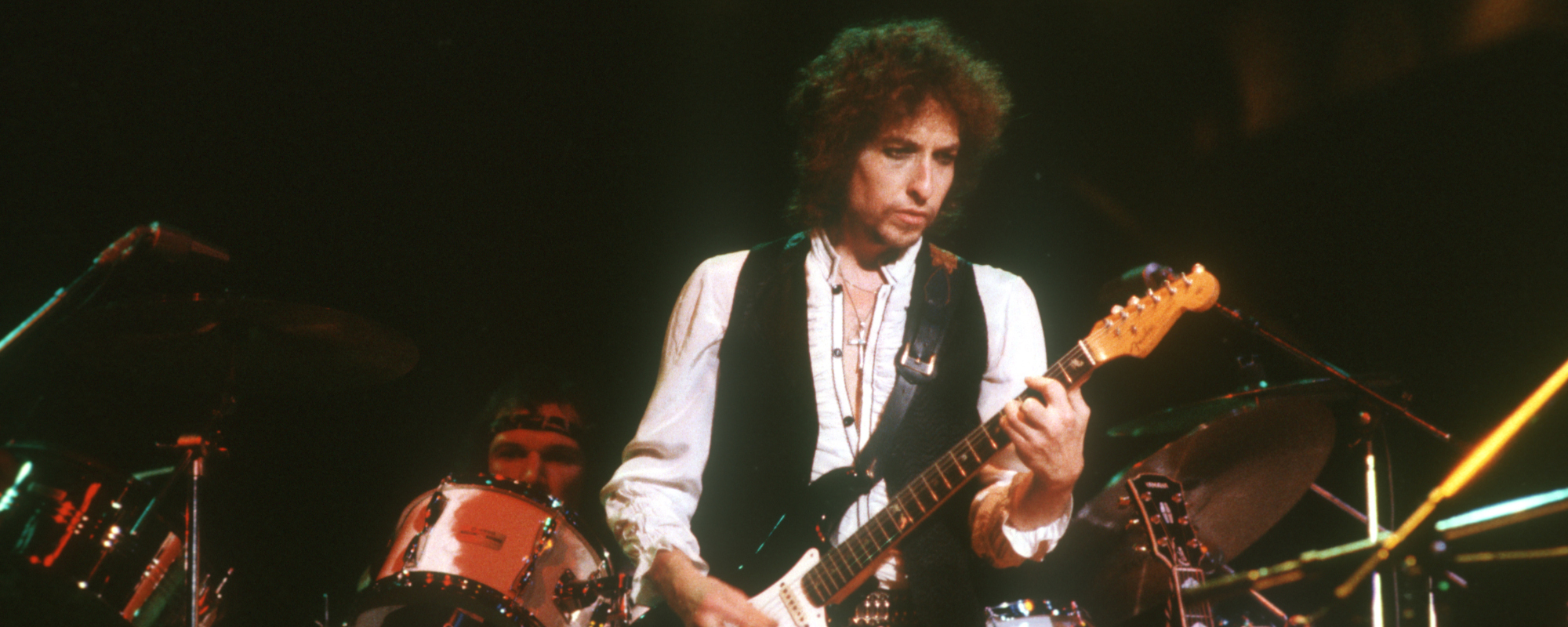Emmylou Harris has amassed a ridiculously impressive career as a solo artist. From her beginnings as a country superstar, to later triumphs in the Americana genre with albums like Wrecking Ball and Red Dirt Girl, Harris has always been on top of her game as both a performer and songwriter.
Videos by American Songwriter
She has also carved out a niche as one of the most sought-after backing vocalists around, as Harris harmonies tend to be unique and resonant. Here are five albums that just wouldn’t be the same without Harris filling in all the vocal gaps.
Grievous Angel by Gram Parsons (1974)
Harris made her presence felt all over Parsons’ two solo albums. In fact, she was such a close collaborator that Parsons originally wanted her name on the cover of Grievous Angel. (After his death, Parsons’ wife changed the credits.) In any case, her harmonies are an absolute essential component of this record (and of GP before it). Her wailing in the chorus of “Return of the Grievous Angel” is just the right touch of wild while also being supportive. And her vocal melding with Parsons on “Love Hurts” is why their version gives The Everly Brothers’ a run for its money as the definitive take.
Desire by Bob Dylan (1976)
Harris’ two albums with Parsons came before she found success as an artist in her own right. But by the time she came aboard with Dylan, she already had a couple of hit albums under her belt. Some might have seen that move as a step back, but Harris wisely understood that such collaborations would only add to her own status. Her contributions are all over the album, but perhaps the most mesmerizing of her vocals comes on the gypsy tale “One More Cup of Coffee (Valley Below).” In the chorus, she weaves all around Dylan’s lead line, while also subtly playing off the violin work of Scarlet Rivera.
Trio by Dolly Parton, Linda Ronstadt and Emmylou Harris (1987)
These three superstars had been friends and mutual admirers of each other’s work for well over a decade by the time Trio was released. And Ronstadt had enlisted Harris for songs on several of her smash solo albums in the ’70s. But by the time they finally worked out the contractual issues that had prevented them doing this album sooner, they were at such a comfort level with each other that it was really like they had intermingled into one voice. Harris also takes a few leads on the record, but her harmonies are generally the glue even when she’s not out in front.
I’m Wide Awake, It’s Morning by Bright Eyes (2005)
Bright Eyes, the outfit spurred on by the brilliant songwriting of Conor Oberst, decided on an overt move in an alt-country direction for this 2005 record. (They also released a techno-flavored album at the same time.) Oberst knew how much Harris’ harmonies had meant to other classic albums in the genre, and made overtures to her to sing with him. She obliged and adds her inimitable skills to three songs. Most notable is her support on “We Are Nowhere and It’s Now,” a beautiful song that hearkens back to Gram Parsons’ work and is infinitely improved by Harris’ presence.
All the Roadrunning by Mark Knopfler and Emmylou Harris (2006)
It’s a testament to Harris’ skill as a vocalist that she’s been able to add harmonies to such a wide range of vocalists and make it always sound like a smooth match. In the case of Knopfler, the former Dire Straits frontman, the contrast of their individual voices might seem stark. But when they get together on this album, it ends up quite a lovely mix. The collaboration seemed to inspire in Knopfler more reflections on romance than you’re used to hearing from him. Harris’ backing vocals bring out the wistful emotions in songs like the title track, “This is Us,” and “If This is Goodbye.”
When you purchase through links on our site, we may earn an affiliate commission.
Photo by Albert Olive/EPA/Shutterstock













Leave a Reply
Only members can comment. Become a member. Already a member? Log in.